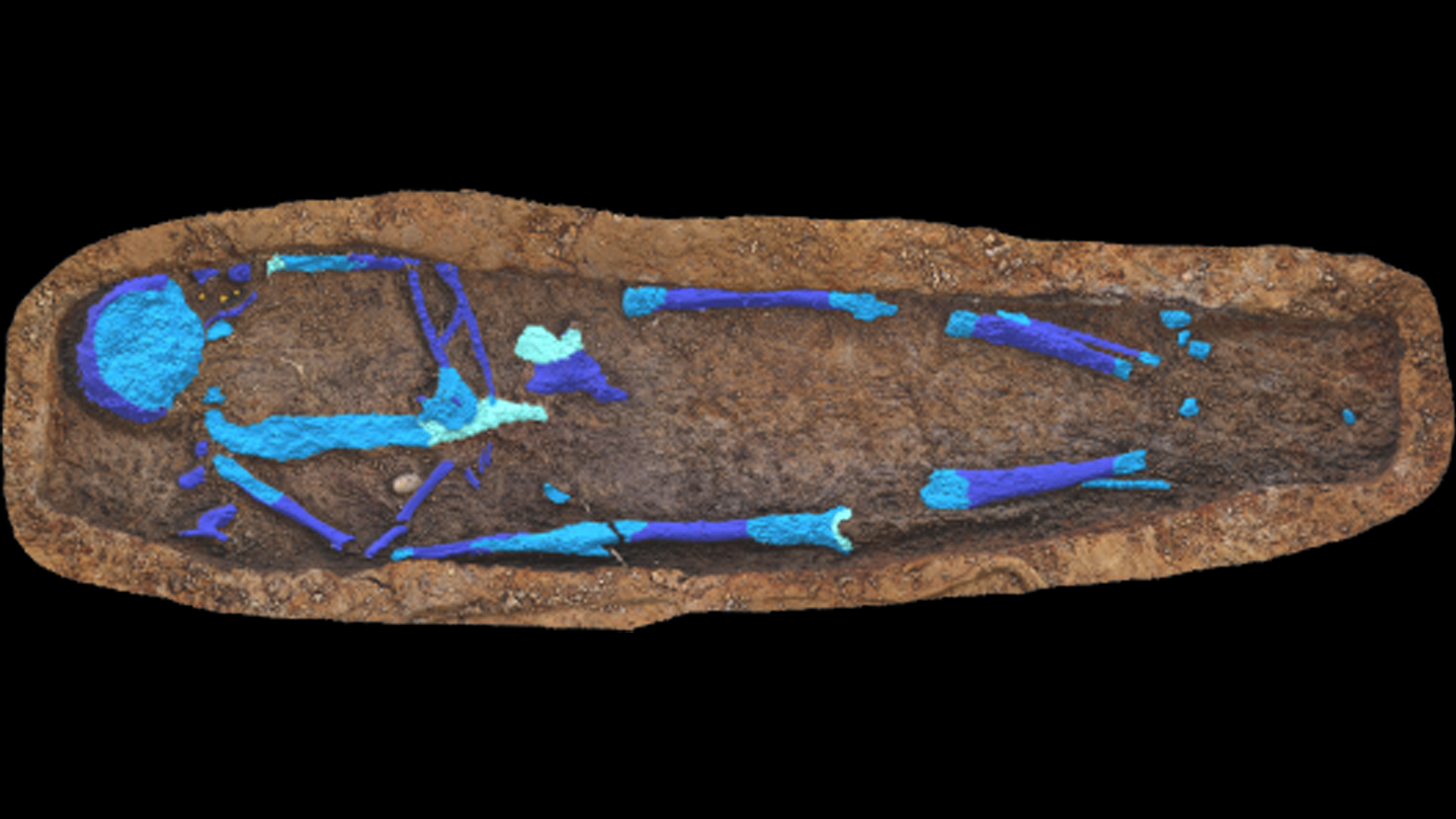Brain Sciences, Vol. 13, Pages 914: Parkinson’s Disease: A Narrative Review on Potential Molecular Mechanisms of Sleep Disturbances, REM Behavior Disorder, and Melatonin
Brain Sciences doi: 10.3390/brainsci13060914
Authors: Mohammad-Ali Samizadeh Hamed Fallah Mohadeseh Toomarisahzabi Fereshteh Rezaei Mehrsa Rahimi-Danesh Shahin Akhondzadeh Salar Vaseghi
Parkinson’s disease (PD) is one of the most common neurodegenerative diseases. There is a wide range of sleep disturbances in patients with PD, such as insomnia and rapid eye movement (REM) sleep behavior disorder (or REM behavior disorder (RBD)). RBD is a sleep disorder in which a patient acts out his/her dreams and includes abnormal behaviors during the REM phase of sleep. On the other hand, melatonin is the principal hormone that is secreted by the pineal gland and significantly modulates the circadian clock and mood state. Furthermore, melatonin has a wide range of regulatory effects and is a safe treatment for sleep disturbances such as RBD in PD. However, the molecular mechanisms of melatonin involved in the treatment or control of RBD are unknown. In this study, we reviewed the pathophysiology of PD and sleep disturbances, including RBD. We also discussed the potential molecular mechanisms of melatonin involved in its therapeutic effect. It was concluded that disruption of crucial neurotransmitter systems that mediate sleep, including norepinephrine, serotonin, dopamine, and GABA, and important neurotransmitter systems that mediate the REM phase, including acetylcholine, serotonin, and norepinephrine, are significantly involved in the induction of sleep disturbances, including RBD in PD. It was also concluded that accumulation of α-synuclein in sleep-related brain regions can disrupt sleep processes and the circadian rhythm. We suggested that new treatment strategies for sleep disturbances in PD may focus on the modulation of α-synuclein aggregation or expression.

 10 months ago
26
10 months ago
26


